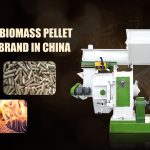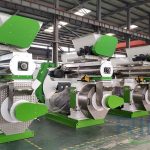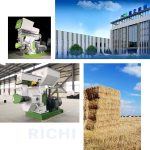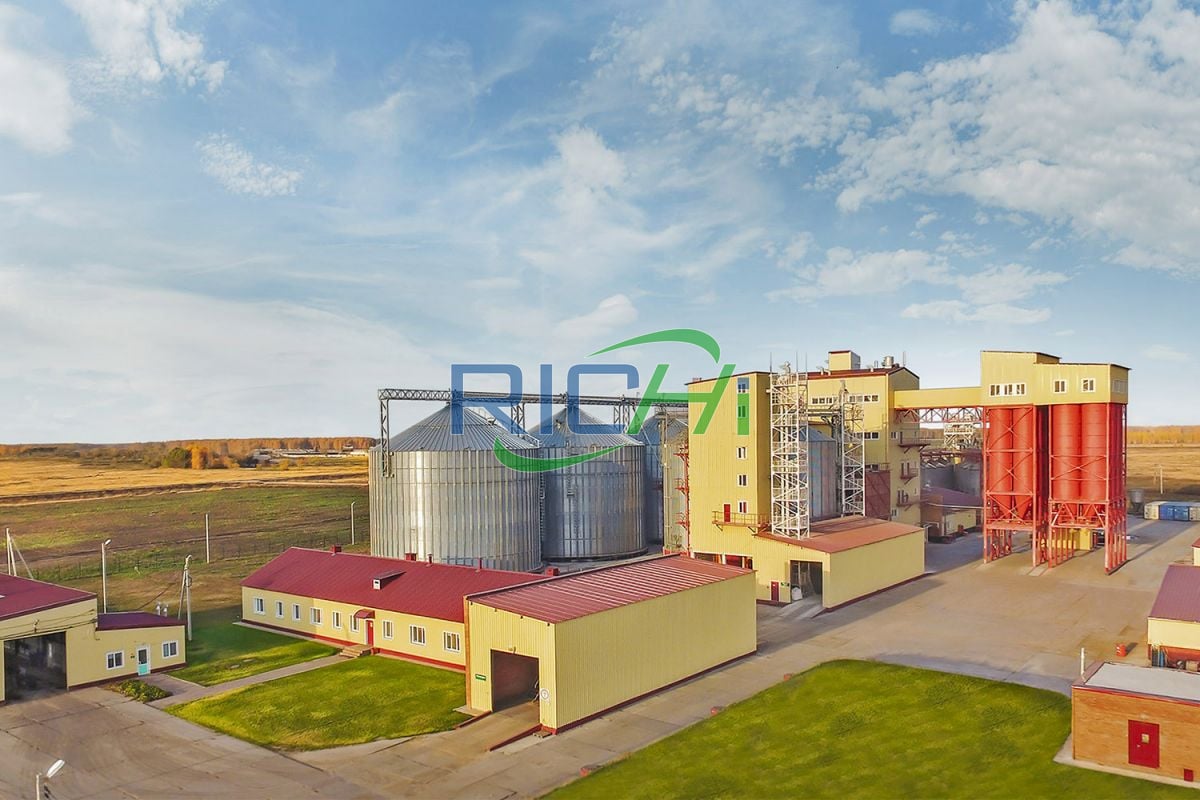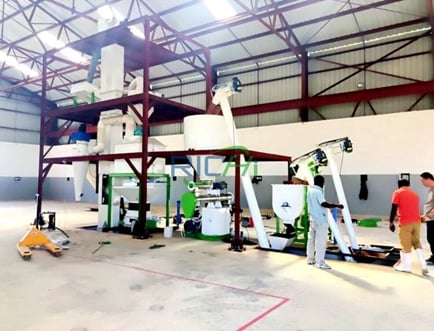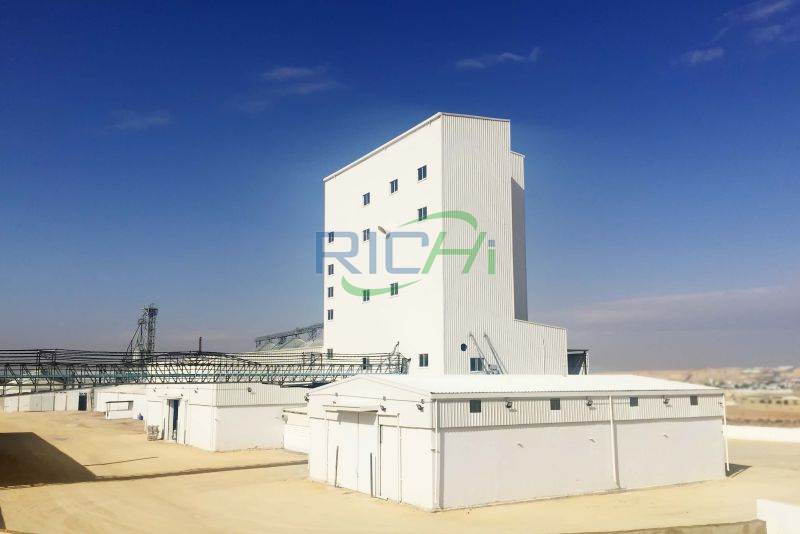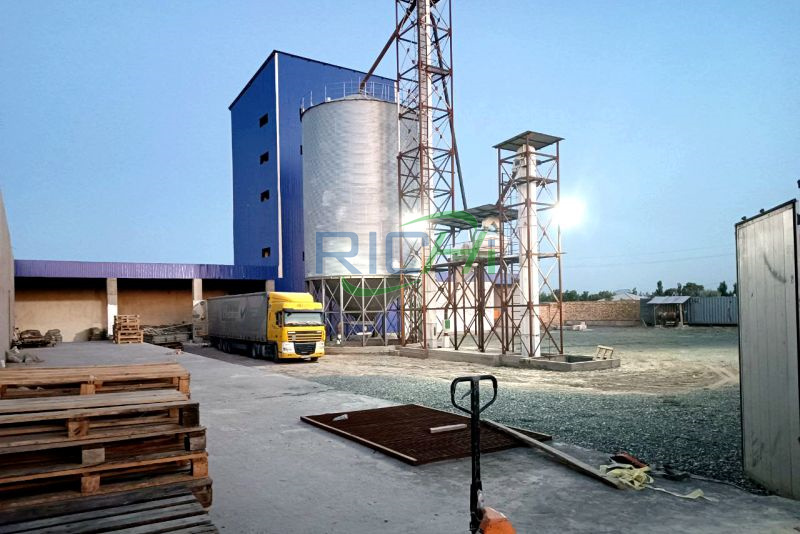In the ever-evolving landscape of global agriculture and food production, the poultry industry plays a crucial role in meeting the growing demand for protein-rich foods. Morocco, with its strategic location, favorable climate, and burgeoning agricultural sector, presents a unique opportunity for the establishment of a laying hen chicken feed plant. Such an endeavor holds immense significance not only for the country’s poultry industry but also for its broader economic development, food security, and rural empowerment.
This article explores the multifaceted significance of starting a laying hen chicken feed plant in Morocco, delving into the economic, social, and environmental implications of this strategic investment.
Boosting Domestic Poultry Production and Reducing Import Dependence
One of the primary significances of establishing a laying hen chicken feed plant in Morocco lies in its potential to significantly boost domestic poultry production. By providing a reliable and consistent supply of high-quality feed, the plant would enable Moroccan poultry farmers to increase their productivity and efficiency.Currently, Morocco relies heavily on imported feed ingredients and finished feed products to sustain its poultry industry. This dependence on imports not only increases production costs but also exposes the sector to global price fluctuations and supply chain disruptions. A domestic feed plant would help mitigate these risks by:
- Reducing reliance on imported feed and ingredients
- Stabilizing feed prices for local poultry farmers
- Enhancing the competitiveness of Moroccan egg producers in both domestic and export markets
By strengthening the foundation of the poultry value chain, the feed plant would contribute to Morocco’s goal of achieving greater self-sufficiency in food production and reducing its trade deficit in agricultural products.
Stimulating Economic Growth and Job Creation
The establishment of a laying hen chicken feed production line would serve as a catalyst for economic growth in Morocco, generating both direct and indirect employment opportunities. The plant itself would create jobs across various skill levels, from production workers and technicians to managers and quality control specialists.Moreover, the ripple effect of such an investment would extend far beyond the plant’s immediate operations. The increased demand for raw materials would stimulate local agriculture, encouraging farmers to cultivate feed ingredients such as corn, soybeans, and other grains. This, in turn, would create additional employment opportunities in the agricultural sector and related industries.The growth of the poultry industry, facilitated by the availability of high-quality domestic feed, would also lead to job creation in areas such as:
- Poultry farming and egg production
- Transportation and logistics
- Packaging and processing
- Retail and distribution
By fostering economic growth and job creation, the feed plant would contribute to poverty reduction and improved living standards, particularly in rural areas where agricultural employment opportunities are crucial.
Enhancing Food Security and Nutrition
Food security remains a critical concern for many developing nations, including Morocco. The establishment of a laying hen chicken feed plant would play a significant role in enhancing the country’s food security by:
- Increasing domestic egg production, a crucial source of affordable protein
- Stabilizing egg prices, making this nutritious food more accessible to a broader population
- Reducing vulnerability to global food price fluctuations and supply chain disruptions
Eggs are an excellent source of high-quality protein, essential vitamins, and minerals, making them a valuable component of a balanced diet. By facilitating increased egg production, the feed plant would contribute to improving the nutritional status of the Moroccan population, particularly among vulnerable groups such as children and pregnant women.Furthermore, the availability of domestically produced, high-quality feed would enable poultry farmers to optimize their birds’ nutrition, potentially leading to improvements in egg quality and nutritional content.
Promoting Sustainable Agriculture and Environmental Stewardship
The establishment of a modern laying hen chicken feed plant in Morocco presents an opportunity to promote sustainable agricultural practices and environmental stewardship. By incorporating state-of-the-art technologies and best practices in feed production, the plant can set new standards for efficiency and sustainability in the industry.Key environmental benefits may include:
- Reduced carbon footprint through localized production and shorter supply chains
- Implementation of energy-efficient production processes and renewable energy sources
- Optimization of water usage through advanced water management systems
- Minimization of waste through efficient resource utilization and byproduct valorization
Moreover, the plant could play a crucial role in promoting sustainable farming practices among its suppliers by incentivizing the adoption of environmentally friendly cultivation methods for feed ingredients.
Fostering Innovation and Knowledge Transfer
The establishment of a modern laying hen chicken feed plant would serve as a hub for innovation and knowledge transfer in Morocco’s agricultural sector. By introducing advanced technologies and production methods, the plant would contribute to the overall modernization of the country’s agri-food industry.This influx of knowledge and technology could lead to:
- Improved feed formulation techniques tailored to local conditions and bird genetics
- Enhanced quality control and traceability systems
- Development of specialized feed products for different stages of laying hen production
- Adoption of precision nutrition concepts to optimize bird health and productivity
The plant could also serve as a training ground for local talent, developing a skilled workforce familiar with modern feed production technologies and management practices. This knowledge transfer would have far-reaching effects, potentially spurring innovation in other sectors of Morocco’s agricultural industry.
Strengthening Rural Development and Farmer Empowerment
Rural development remains a key priority for Morocco, and the establishment of a laying hen chicken feed plant could play a significant role in strengthening rural economies. By creating a stable market for locally grown feed ingredients, the plant would provide farmers with incentives to increase production and adopt modern farming techniques.This could lead to:
- Increased income and economic stability for rural farmers
- Diversification of crop production, reducing reliance on traditional cash crops
- Improved access to agricultural inputs and technologies
- Development of farmer cooperatives and associations to strengthen bargaining power
Furthermore, the plant could implement outreach and support programs for local farmers, providing technical assistance, training, and potentially even financial support to help them meet the quality standards required for feed production.
Enhancing Morocco’s Competitiveness in Regional and Global Markets
A state-of-the-art laying hen chicken feed plant would significantly enhance Morocco’s competitiveness in both regional and global poultry markets. By producing high-quality feed at competitive prices, Morocco could:
- Increase its egg exports to neighboring countries in North Africa and sub-Saharan Africa
- Attract foreign investment in its poultry sector
- Position itself as a regional leader in sustainable and efficient poultry production
This increased competitiveness would not only boost export revenues but also contribute to Morocco’s broader economic diversification goals, reducing its reliance on traditional export sectors.
Conclusion: A Strategic Investment in Morocco’s Future
The establishment of a laying hen chicken feed plant in Morocco represents far more than just an industrial investment. It is a strategic move that holds the potential to transform the country’s agricultural landscape, boost economic growth, enhance food security, and promote sustainable development.By providing a reliable source of high-quality feed, the plant would serve as a cornerstone for the growth and modernization of Morocco’s poultry industry. This, in turn, would generate ripple effects throughout the economy, creating jobs, stimulating rural development, and enhancing the country’s competitiveness in global markets.
Moreover, the plant’s potential to promote sustainable practices, foster innovation, and contribute to improved nutrition underscores its significance as an investment in Morocco’s long-term future. As the country continues to pursue its goals of economic diversification, food security, and sustainable development, the establishment of a laying hen chicken feed plant stands out as a pivotal step towards realizing these ambitions.In conclusion, the significance of starting a laying hen chicken feed plant in Morocco extends far beyond the immediate benefits to the poultry industry. It represents a transformative investment that aligns with the country’s broader development goals, promising to deliver lasting economic, social, and environmental benefits for generations to come.
For details please contact: Richi manufacture
WhatsApp:86 138 3838 9622
Email:enquiry@pellet-richi.com
